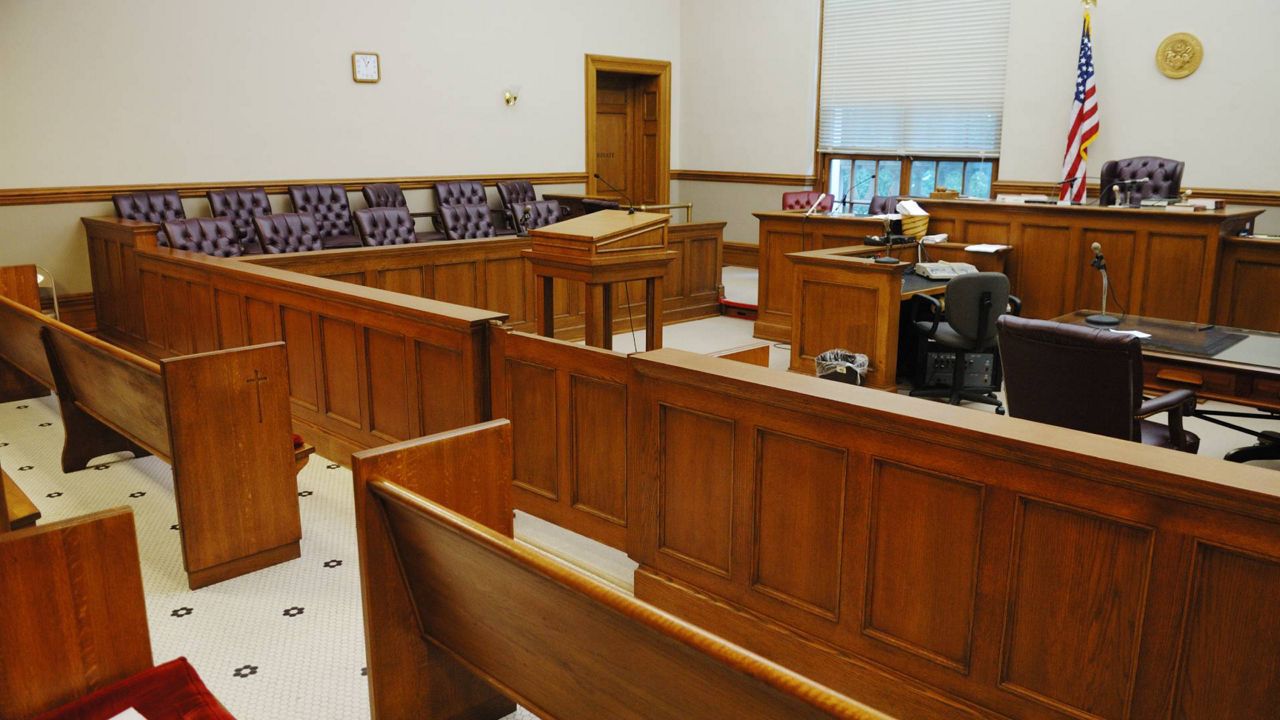More than 100 law school professors in New York, in a letter to top state officials, urged them to turn down changes to a law that curtailed the use of cash bail for criminal charges.
The letter argues that contracting the law to end the use of a "least restrictive" means standard for when judges consider bail for serious criminal charges would lead to lower-income people and people of color behind bars while awaiting trial.
New York's 2019 bail law is once again at the center of a state budget debate this week as lawmakers and Gov. Kathy Hochul negotiate potential changes. Hochul has backed an end to the least restrictive rule for serious charges as a way of offering "clarity" for judges in cases in which bail could be required.
Opponents of the law contend the measure has made New York less safe amid a rise in crime that has coincided with the COVID-19 pandemic. But supporters of the law contend it was necessary to create a more equitable criminal justice system.
"Gov. Hochul's proposal to erode bail reform would only further cement the racism and unfairness inherent in the practice of pretrial detention," said Jocelyn Simonson, a professor and associate dean for Research and Scholarship, Brooklyn Law School. "The proposed changes would give judges even more power to use racism - whether intentionally or not - to cage people because of the color of their skin. We should instead be moving in the other direction, toward recognizing that public safety can go hand in hand with freedom."
Polling has shown voters are supportive of making bail law changes amid sustained concerns over public safety in New York. A Siena College poll released on Monday found broad bipartisan support for giving judges more discretion when considering bail: 72% to 20% back giving judges more discretion when determining whether bail should be set, including Democrats by a margin of 76% to 17% and independents by a similarly large margin of 71% to 23%. Republican voters also back the move, 69% to 22%.
Democratic lawmakers have not publicly embraced the changes to the state's bail law, pointing to recent measures that have amended the law to include more bail-eligible offenses. Republicans, meanwhile, have urged changes.
"We'll see if our colleagues adhere to any of those data points," said Senate Minority Leader Robert Ortt.



